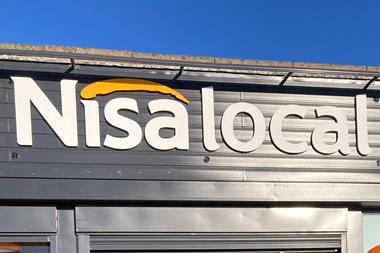Pricing issues in Scottish stores costing consumers millions
By Sarah Britton2023-03-23T11:45:00

Source: GettyImages-1196818678
Trading Standards in Scotland has found serious pricing problems in convenience stores and supermarkets
ALREADY HAVE A REGISTERED USER ACCOUNT? PLEASE LOG IN HERE
To read the full story join the ConvenienceStore.co.uk community today!
Registration is quick and easy and provides access to:
- Unlimited ConvenienceStore.co.uk articles
- Our great range of newsletters
- Content you’ve saved for later via the ‘my library’ feature
And much more…
Related articles
More from News
Unlimited Access + Newsletters
Register today to gain unlimited access to articles and to receive our great range of email newsletters.































